A program to prevent isolation for those with autism finds a home
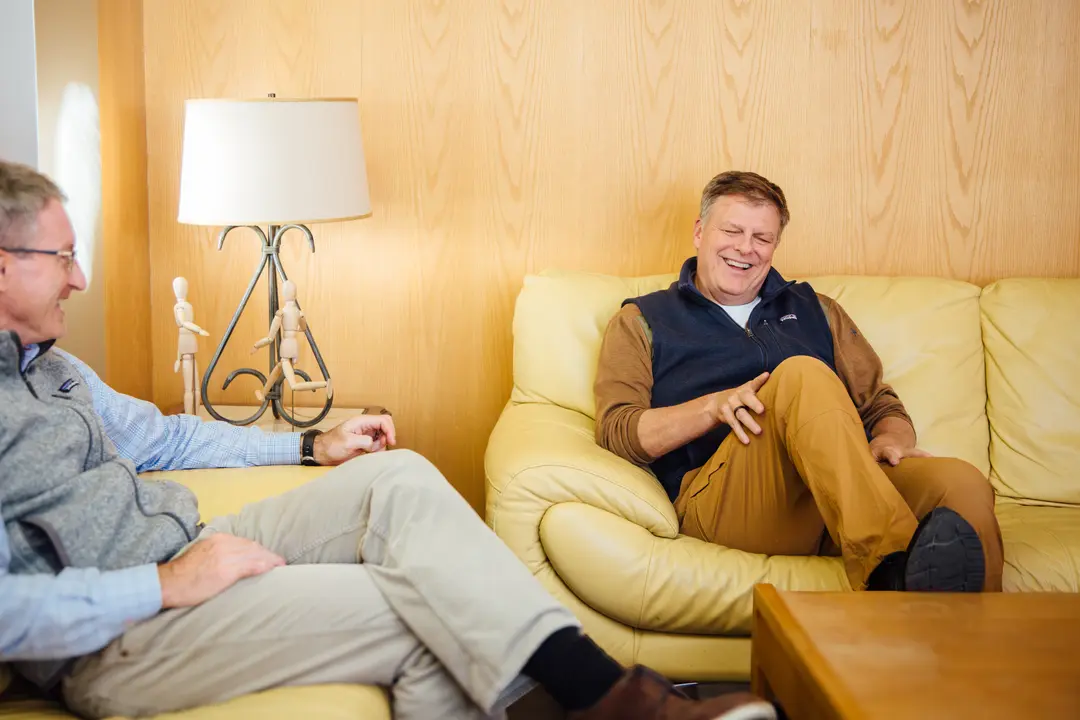
For Dave Nelson, the work he does is personal. It’s rooted in meeting the needs of people like his now-grown son, who was diagnosed on the autism spectrum as a child. His boy could have used a school and community that focused on social and emotional growth as much as, if not more than, academics.
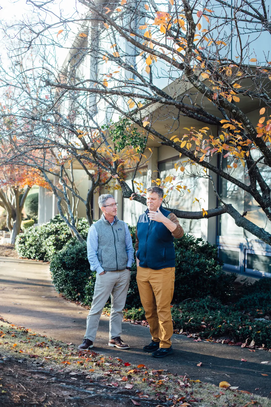
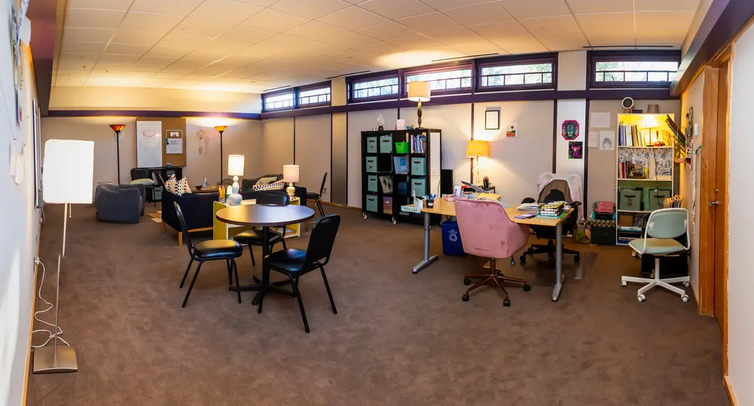
“The risk factors are not that they’re going to be bad readers,” Nelson says of individuals like his son. “Their risk factors are social isolation, overly black-and-white thinking, not being able to keep a job, or not being supported in pursuit of their dreams. I became convinced that there needed to be a program that paid much more attention to that.“
So what did Nelson, already armed with an MBA and in his late thirties, do? He went back to school for counseling and created the sort of place he couldn’t find.
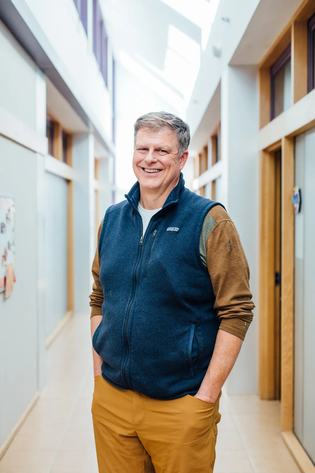
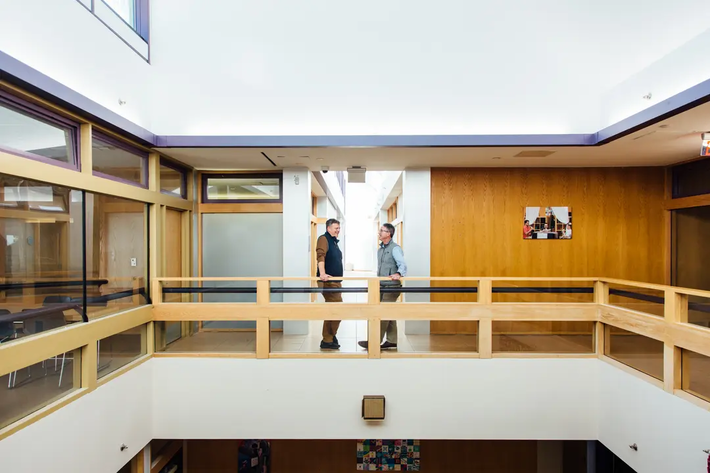
The Decatur-based Threshold Community Program, a nonprofit first established as The Community School in 2005, serves mostly adolescents and people entering adulthood. Nelson serves as the co-executive administrative director, while Beth Champ serves as the executive clinical director. Together, they oversee a staff of 19 and a handful of counseling interns.
A therapy team, made up of licensed – and nearly licensed – mental health professionals, supports program participants and their families. The education team runs the curriculum for the tuition-based middle and high schools. A transition team is dedicated to areas like job coaching, internship placements, college support, and helping people navigate life on their own. And the administrative team handles admissions, human resources, and fundraising.
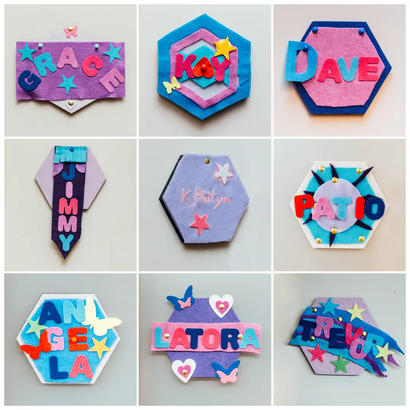
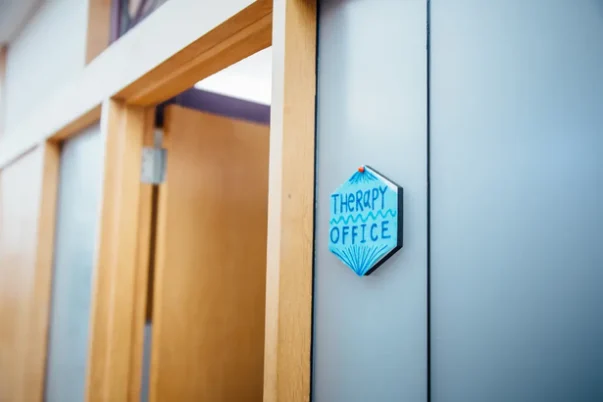
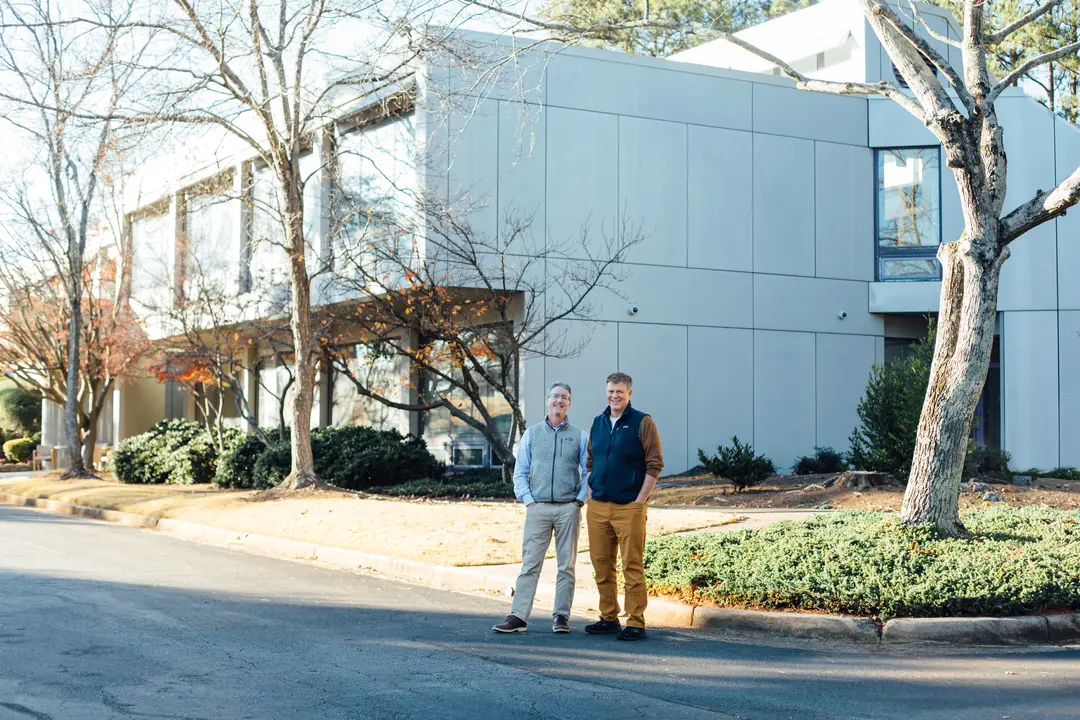
For 16 years, the program operated out of rented space in a downtown Decatur church. It was a loving community but not a building they could shape to make their own or an ideal setup to maintain the sort of confidentiality necessary in a therapeutic program.
Thanks to two generous families that helped pull together a down payment, a good deal on a building during the pandemic, and a mortgage secured through Tandem Bank, the program secured its own home in early 2021.
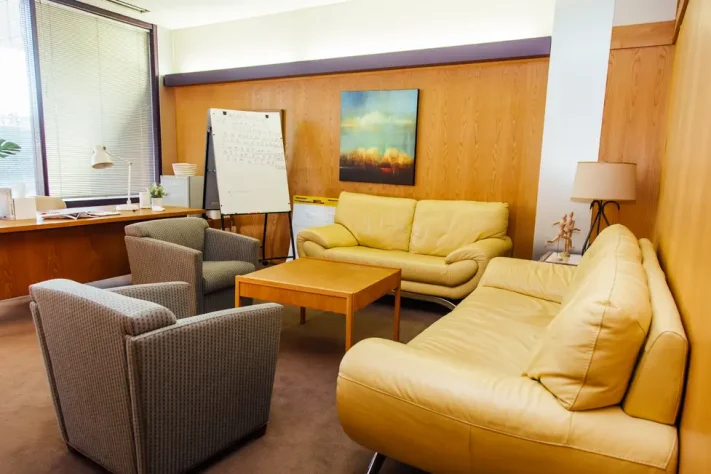
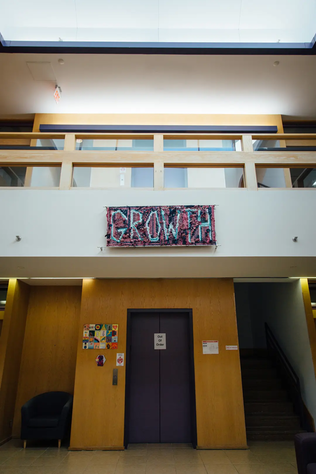
After years of banking with a corporate behemoth “that didn’t really know who we were and didn’t really care,” Nelson says Tandem proved a game-changer.
“They quickly became invested in what we were doing,” he says. “They said, ‘We’re a new bank, and we’re here to support the community. We’re in.'”
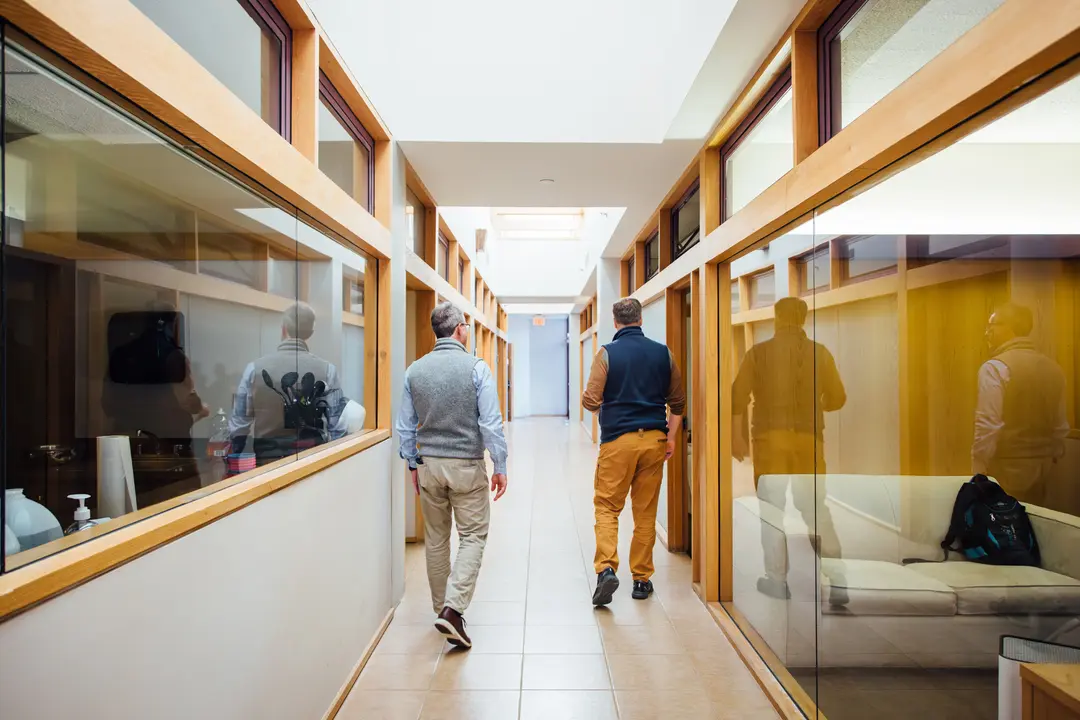
The 1980s building, which measures 19,000 square feet, is full of light and possibilities. There are classrooms, conference rooms, and a student lounge where participants bond over shared interests. There are social clubs, including one for Dungeons & Dragons. A large bean bag sits in one of the rooms set up for therapy sessions. A wall full of pictures of animals, both conventionally adorable and not, invites passersby to pick the cutest pet.
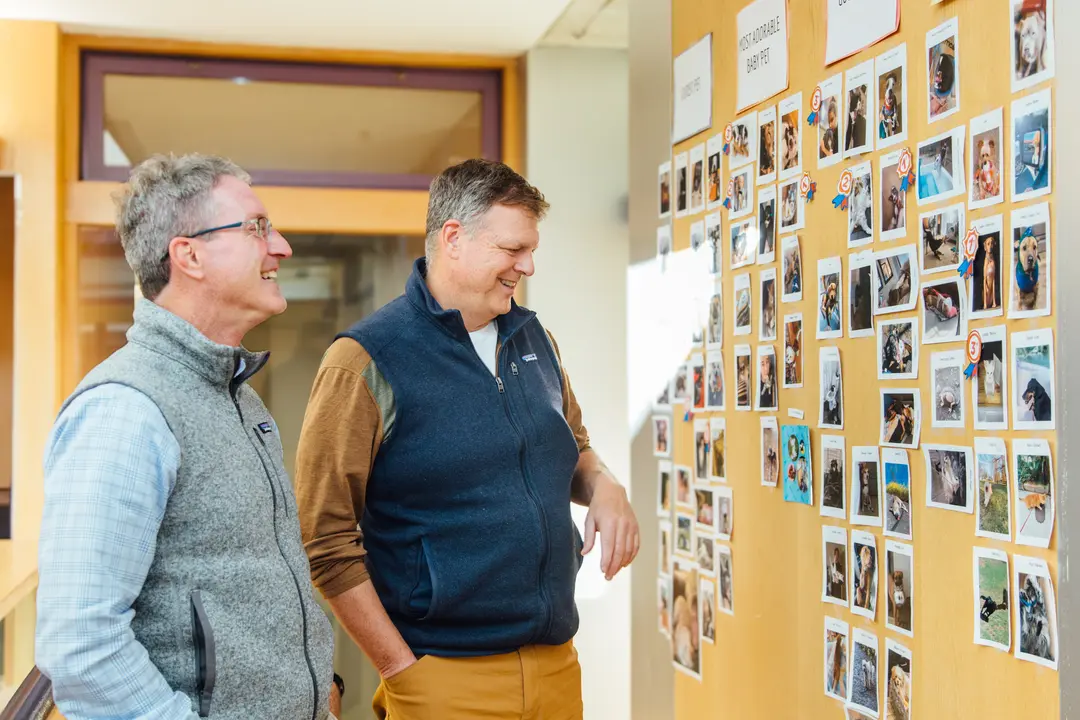
A group of teens just back from a walk along the BeltLine, or what might be described as “a moving social therapy session,” gathers outside the main entrance. As they wait for their rides home and meet a new visitor, they offer hellos and, in one case, a fist bump.
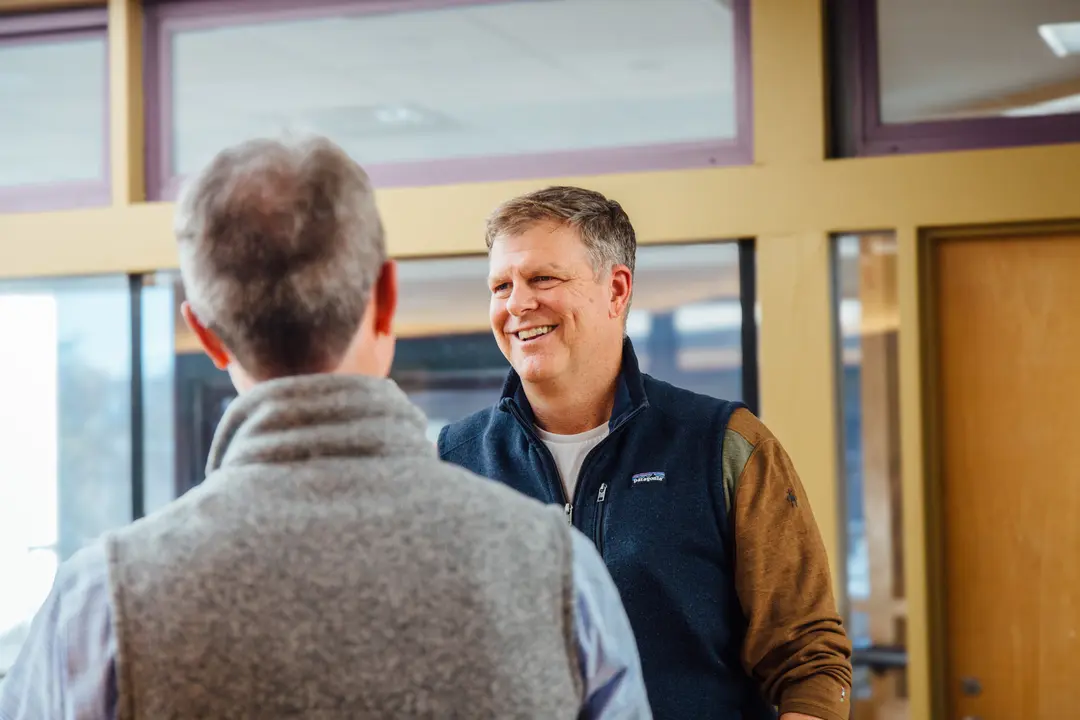
There are only about 10 schools around the country that incorporate the social and emotional philosophy used here, Nelson says. The Threshold Community Program is the only place he knows of that also provides post-secondary support.
With a permanent home in place, he and his team can now think bigger. They can explore sustainable funding options, incrementally grow to serve more participants, and, ideally, replicate the program elsewhere so more people who are often overlooked can reach their potential and experience the full lives they deserve.